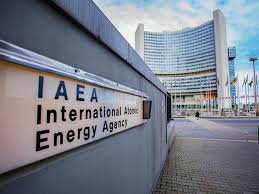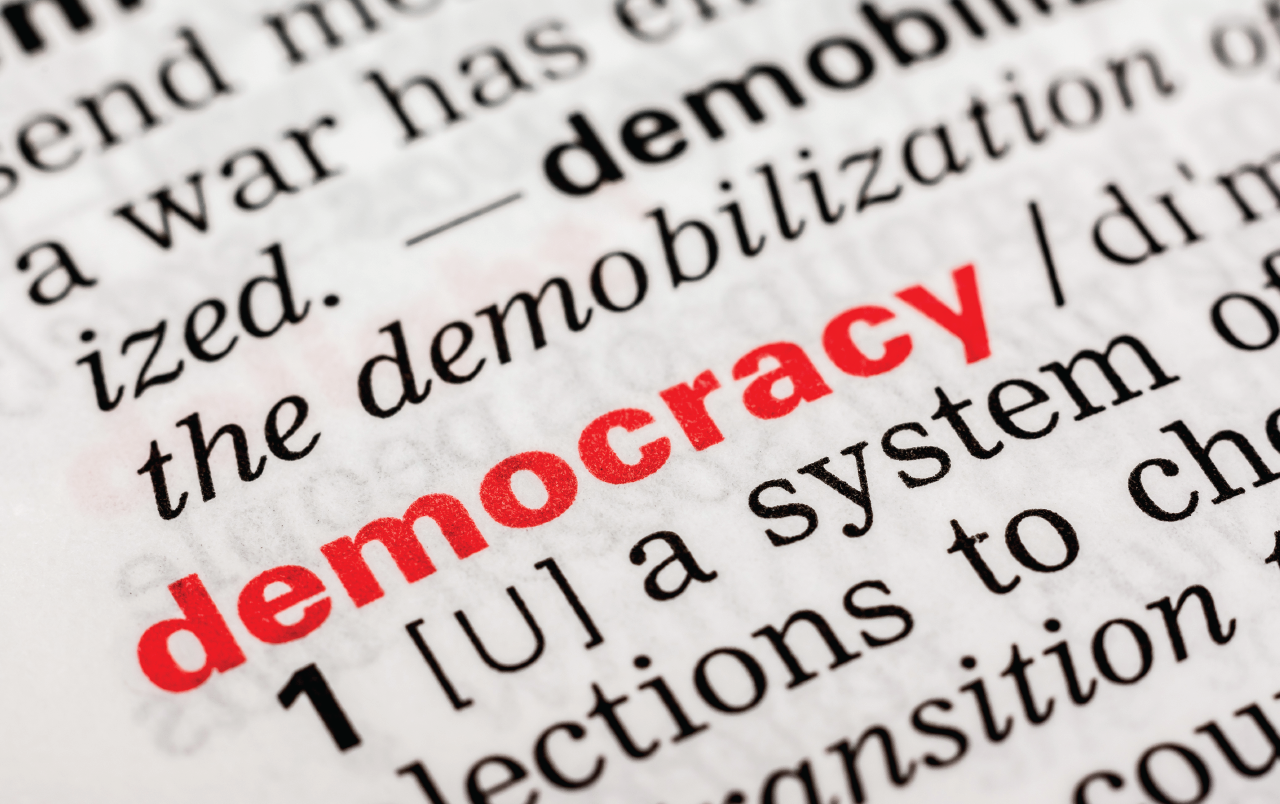Editorial | Republic Policy Think Tank
The recent Israeli strike on Iran’s military and nuclear sites on June 13 has reignited global concerns over the politicization of international nuclear oversight, raising haunting parallels to the prelude of the 2003 Iraq invasion. Though the attack followed an International Atomic Energy Agency (IAEA) resolution citing Tehran’s non-compliance, Israel’s endorsement of the resolution—as “necessary and overdue”—suggests a troubling convergence of diplomacy and unilateral aggression.
What’s alarming is not just the strike itself, but the broader narrative being manufactured around Iran’s nuclear intentions. While the IAEA voiced concerns over Iran’s lack of cooperation, particularly its suspension of the Additional Protocol and its accumulation of highly enriched uranium, Director-General Rafael Grossi explicitly stated that there is no evidence Iran is building a nuclear weapon. Yet, this distinction was quickly lost in the geopolitical noise, as Israel and the United States leveraged the resolution as a de facto justification for military action.
The U.S. response—led by President Trump and Vice President JD Vance—has only fanned the flames. With airstrikes ordered days later, reminiscent of the flawed WMD rationale in Iraq, the international community is once again caught in a spiral of high-stakes speculation and incomplete evidence. Tehran’s retaliation, including a parliamentary bill suspending cooperation with the IAEA, is not just a defensive posture but a political protest against perceived Western hypocrisy.
Moreover, the credibility of the IAEA itself is under question. Accusations that Grossi is pursuing a personal agenda to become UN Secretary-General raise concerns about the agency’s neutrality, especially given its controversial endorsement of Japan’s Fukushima water release plan in 2023—despite international backlash.
The question that looms is whether the world has learned anything since Iraq. If not, the conflation of ambiguity with guilt risks once again setting the stage for conflict based on conjecture rather than facts. Iran must be held accountable under international law—but not at the cost of truth, balance, or peace.

















